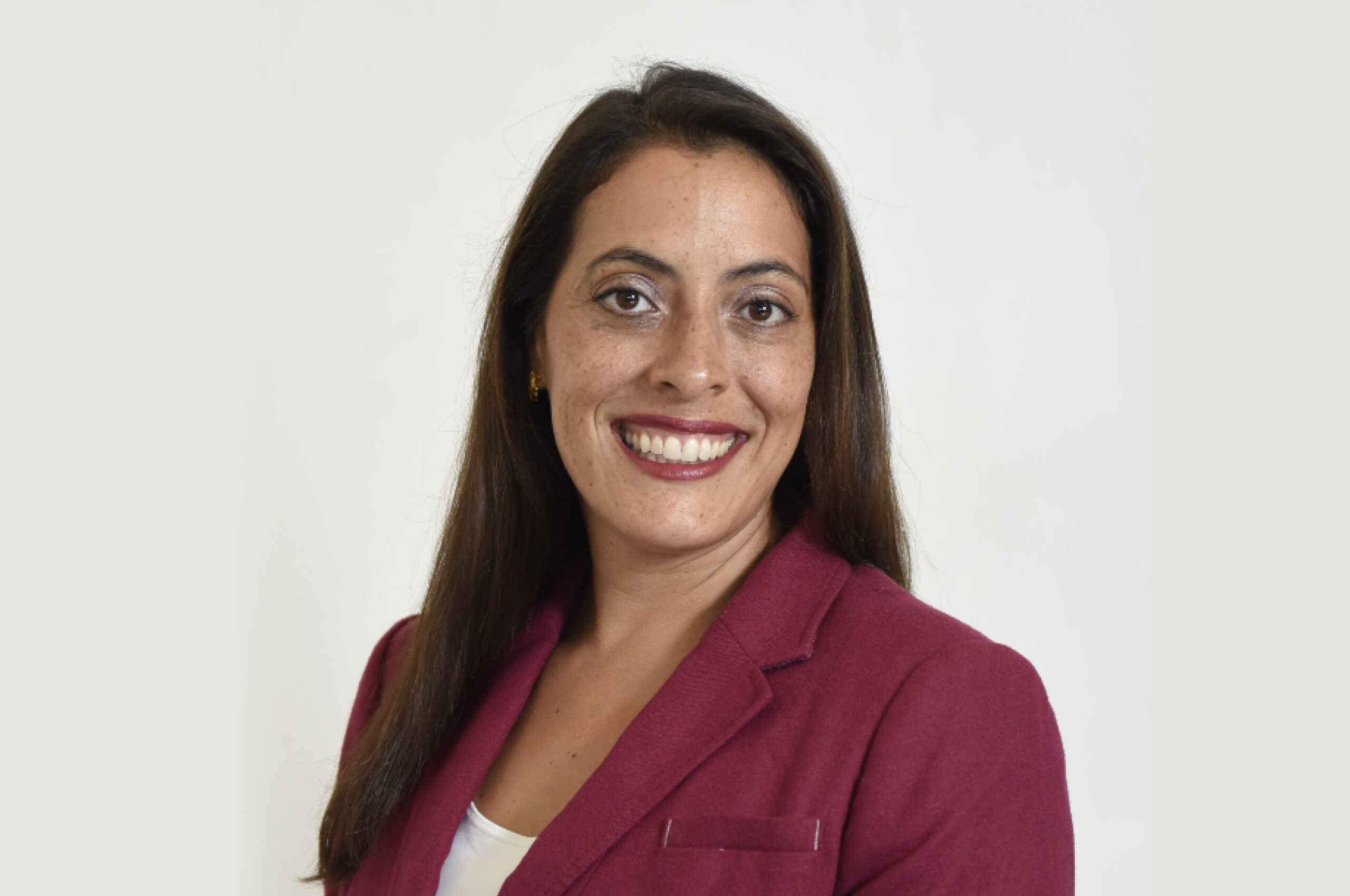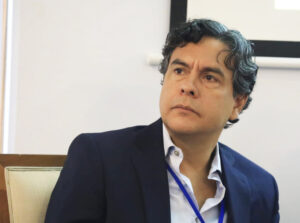This article is adapted from AQ’s special report on China and Latin America
AQ: Can you describe the IAI’s work?
ASI: The IAI was created in 1992 by countries of the Americas to generate and share critical scientific information on environmental challenges like biodiversity loss and climate change that require cooperation and have cross-border causes and implications. We train and fund multinational research teams and then work to make sure that governments have this information to inform policies.
AQ: What are some recent concrete successes?
ASI: We’ve helped develop dengue early warning systems in the Caribbean, for example. During the Cricket World Cup in Barbados last year, we partnered with the Caribbean Public Health Agency, the Barcelona Supercomputer Center and the Ministry of Health and Wellness of Barbados to implement an early warning tool that is now being replicated in other countries. This tool uses climate information to predict the risk of dengue outbreaks months ahead of time. We’re also funding applied research across the Americas, tackling questions like how to protect the elderly during heat waves and how to use satellite images to monitor the risk of water-borne infectious diseases.
AQ: What issues do you wish got more coverage?
ASI: I’d say how climate change is affecting water resources and therefore energy security—just look at Ecuador. I’m Ecuadorian-American and have worked there for many years. Last year they had major challenges during extended daily blackouts, as drought conditions limited the electricity produced by hydropower. And then sargassum! It’s the seaweed washing up in massive quantities on beaches all over Mexico, Central America, the Caribbean, and northern South America, hurting local fisheries and tourism. It’s a growing issue that affects so many coastal livelihoods, but the science and policy are still far behind.
AQ: Which environmental threats most concern you?
ASI: First, as extreme climate events like floods, droughts, and heat waves become more frequent, poor communities are hardest hit, creating a spiral of poverty and deepening inequalities. I’m also very concerned about microplastics and the plastic pollution crisis. This is an example of where research, innovation and cross-border policymaking can provide urgently needed solutions.
—
Stewart Ibarra is executive director of IAI and an expert on climate and public health in Latin America and the Caribbean.
This interview has been edited for clarity and length.









